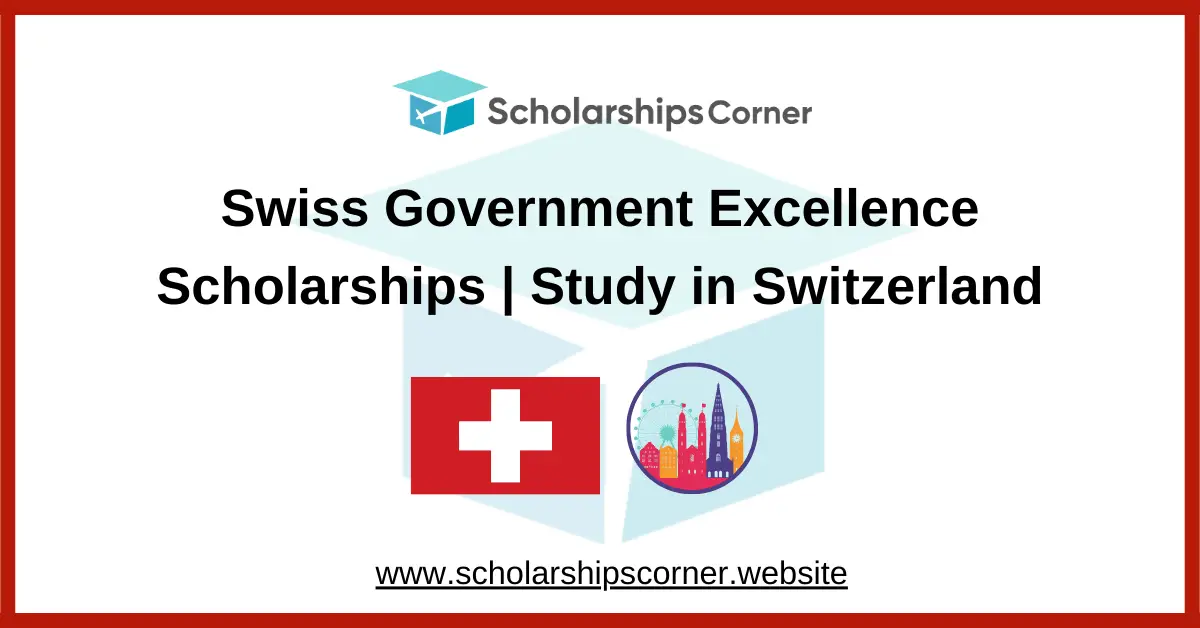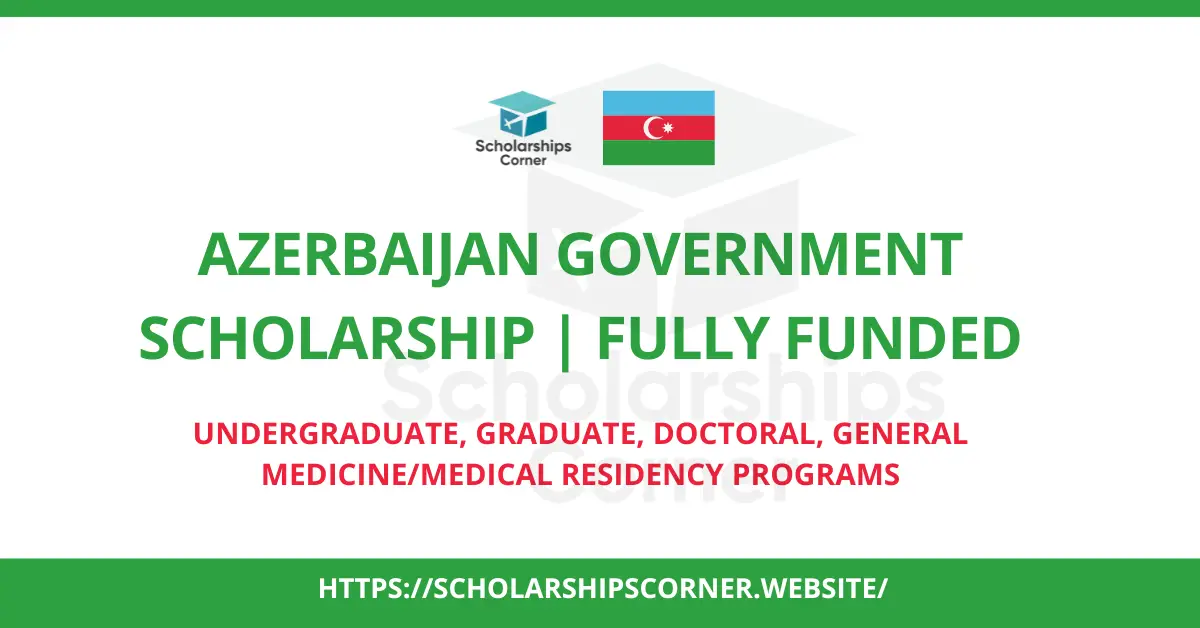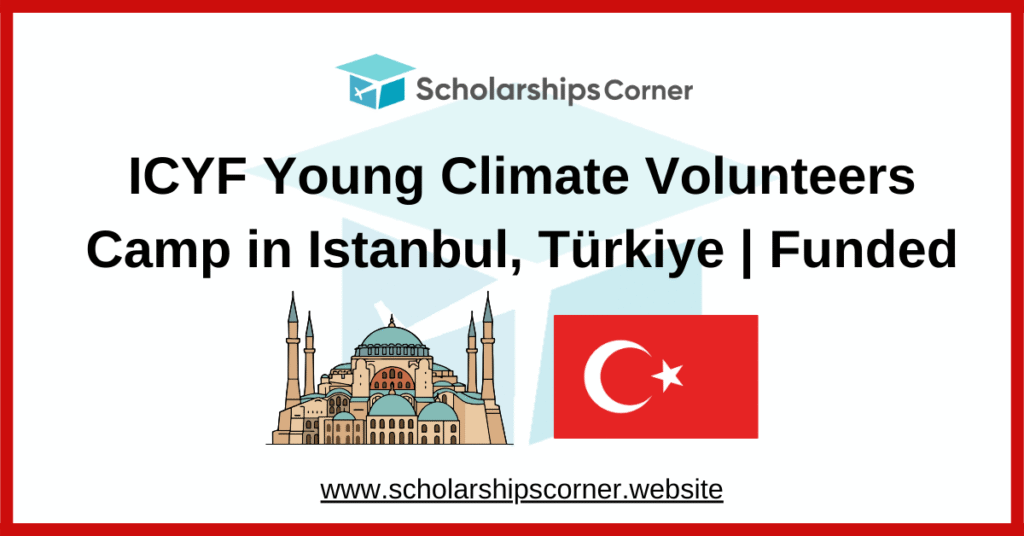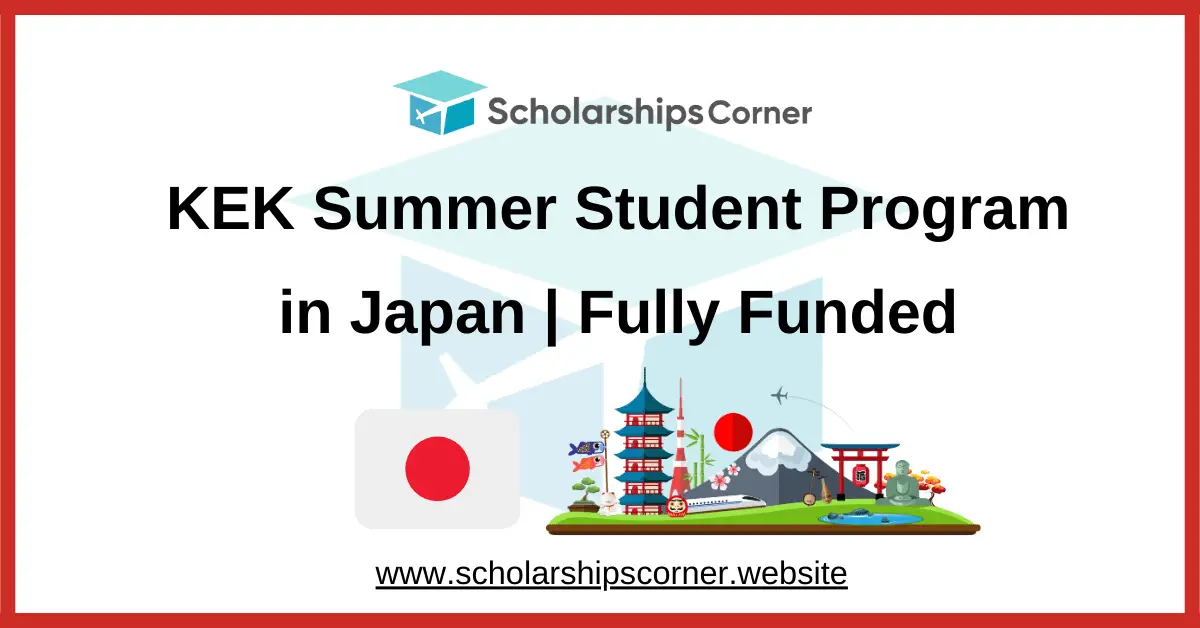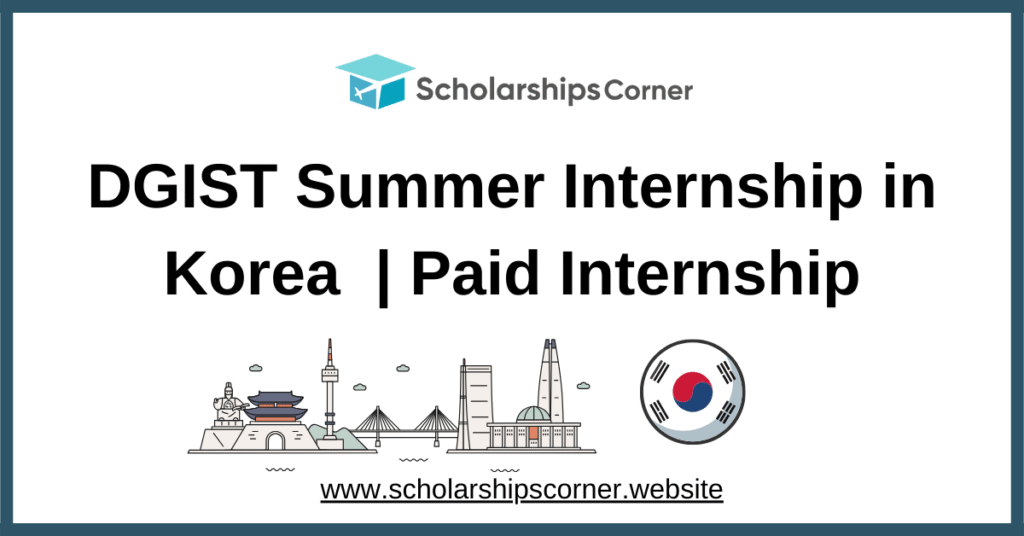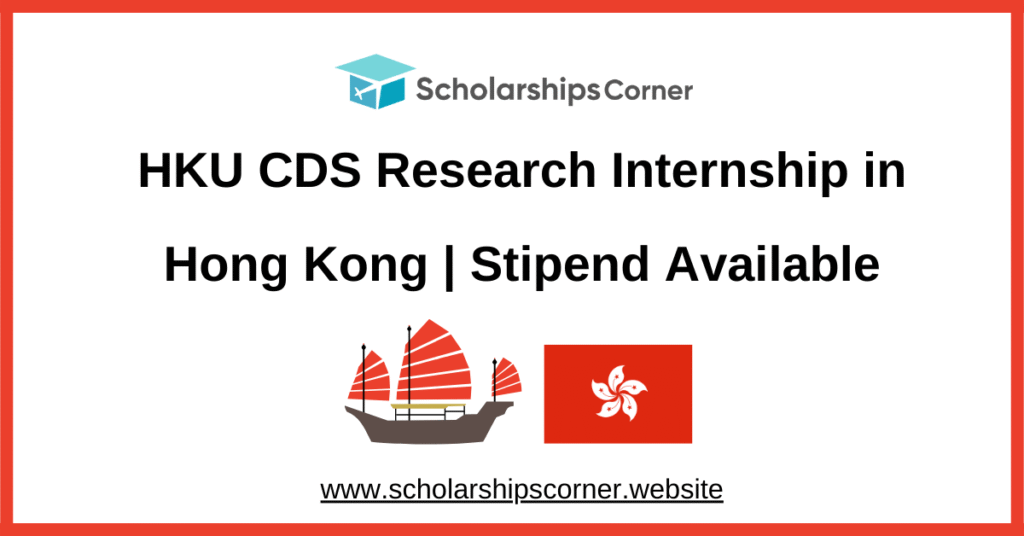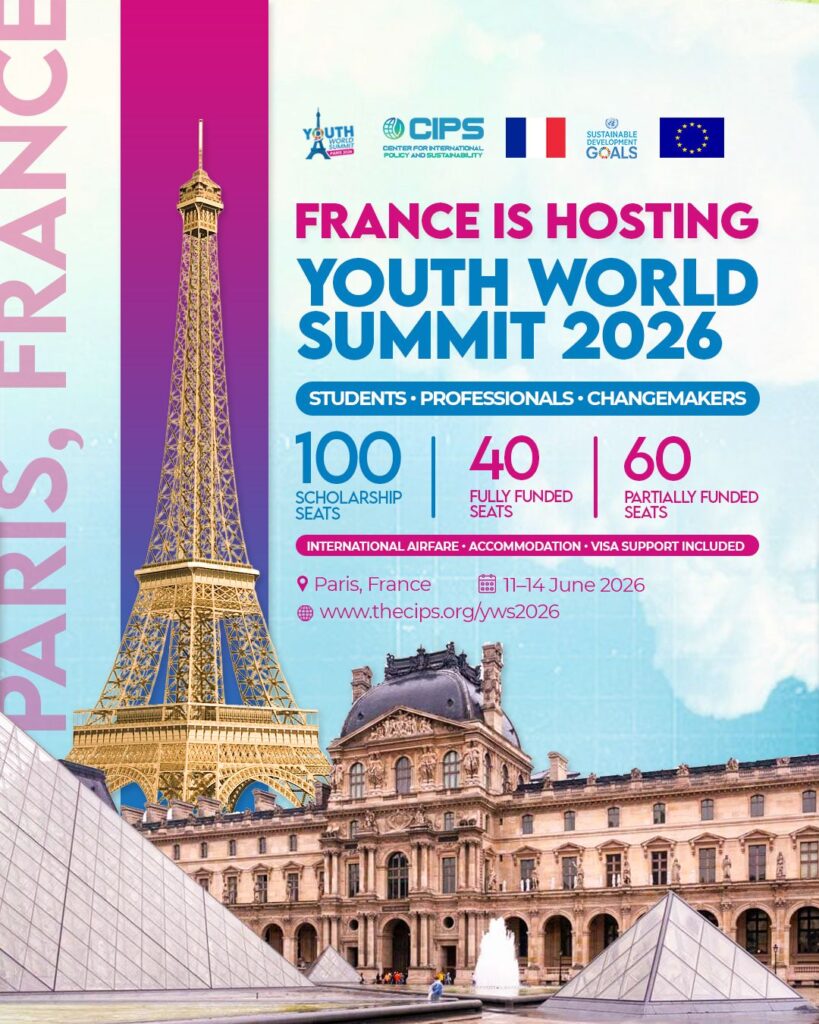The Swiss Government Excellence Scholarships 2026–2027 are international scholarships offered by the Swiss Confederation to support foreign students and researchers. These Europe scholarships are designed to promote global academic exchange and international research cooperation at Switzerland’s top universities and institutions. Managed by the Federal Commission for Scholarships for Foreign Students (FCS), the program supports full-time research, PhD studies, postdoctoral research, and arts education in Switzerland.
Every year, the Swiss government offers scholarships to International students from over 180 countries. However, not all scholarship types are available for every country. The availability and application deadlines depend entirely on your country of origin. To find out what scholarships you can apply for, you must check the A–Z list of countries provided on the official Swiss Government Excellence Scholarships website.
Studying in Switzerland is a dream for many students seeking a world-class education in Europe. With top-ranked universities, cutting-edge research facilities, and a safe, beautiful environment, Switzerland is a popular destination for academic and professional growth. These scholarships offer a great opportunity to become part of this dynamic educational system. However, students should be prepared for the overall cost of studying in Europe, as additional expenses such as tuition fees, travel, and personal needs may arise depending on the university and program. Planning your budget early is highly recommended.
Swiss Government ExcellenceScholarships 2026-27
Host Country:
- Switzerland
Awarded By:
- Federal Commission for Scholarships for Foreign Students.
Course Level:
- Masters Degree
- PhD
- Postdoc
- Research Degree
Available Scholarships:
- Swiss Government Excellence Master’s Scholarships
- Swiss Government Excellence PhD Scholarships
- Swiss Government Excellence Postdoctoral Scholarships
- Swiss Government Excellence Research Scholarships
- Swiss Government Arts Scholarships
Check Top 5 Fully Funded Scholarships for International Students
List of the Eligible Countries under Swiss Government Excellence Scholarships 2026-2027:
List of Host Universities in Switzerland under Swiss Government Scholarships:
For Research, PhD & Postdoc Scholarships:
- University of Basel
- University of Bern
- University of Fribourg
- University of Geneva
- University of Lausanne
- University of Lucerne
- University of Neuchâtel
- University of St. Gallen
- University of Zurich
- Università della Svizzera italiana
- EPFL (Swiss Federal Institute of Technology Lausanne)
- ETH Zurich (Swiss Federal Institute of Technology)
- Research Institutes of the ETH Domain: PSI, WSL, EMPA, EAWAG
- Graduate Institute Geneva (IHEID)
- Applied Sciences Universities (e.g. ZHAW, HSLU, FHNW, BFH, OST)
- Swiss Federal Institute of Sport Magglingen (SFISM)
For Art Scholarships:
- Zurich University of the Arts (ZHDK)
- Bern University of the Arts (HKB-BFH)
- Conservatorio della Svizzera italiana
- Lucerne University of Applied Sciences and Arts (HSLU)
- University of Applied Sciences and Arts Western Switzerland (HES-SO)
- SUPSI
Check ISTA Postdoctoral Fellowships in Austria 2025-26 | Fully Funded
Swiss Government Excellence Scholarships Benefits:
- CHF 1,920/month for Research, PhD & Art Scholarships
- CHF 3,500/month for Postdoctoral Scholarship
- Free health insurance (for non-EU/EFTA countries)
- CHF 300 one-time rent deposit
- Swiss Half-Fare Travelcard
- Return flight (for non-EU/EFTA countries)
- Cultural trips and networking activities
Types of Swiss Government Excellence Scholarships:
1. Research Fellowships
- Objective: For early-career researchers to carry out a one-year research project as part of their PhD.
-
Eligibility:
- Master’s degree completed by 31 July 2026 (ETH Zurich: 30 June 2026)
- Born after 31 December 1990
- Detailed research plan with milestones
- Letter of support from a Swiss academic supervisor
- Entry to Switzerland must not be before 1 August 2025
- Duration: 12 months (non-renewable)
- Start Date: 1 September 2026
- Amount: CHF 1,920/month
- Note: This is not a salary.
2. PhD Scholarships
- Objective: For students beginning a PhD in Switzerland
-
Eligibility:
- Master’s degree completed by 31 July 2026 (ETH Zurich: 30 June 2026)
- Born after 31 December 1990
- Research plan and academic support letter
- Confirmation of PhD admission from the university
- Entry to Switzerland must not be before 1 August 2025
- Duration: 12 months, renewable up to 36 months
- Start Date: 1 September 2026
- Amount: CHF 1,920/month
3. Postdoctoral Scholarships
- Objective: For researchers who have completed a PhD and wish to conduct postdoctoral work in Switzerland
-
Eligibility:
- PhD completed between 1 January 2023 and 31 July 2026 (ETH Zurich: 30 June 2026)
- Research plan and academic support letter
- Entry to Switzerland must not be before 1 August 2025
- Duration: 12 months (non-renewable)
- Start Date: 1 September 2026
- Amount: CHF 3,500/month
4. Art Scholarships
- Objective: For students applying to their first Master’s in arts (music, fine arts, design, etc.)
-
Eligibility:
- Bachelor’s degree completed by 31 July 2026
- Born after 31 December 1990
- No previous Master’s degree
- Admission process to Swiss art school must be in progress
- Entry to Switzerland must not be before 1 August 2025
- Duration: 12 months, renewable up to 21 months
- Start Date: 1 September 2026
- Amount: CHF 1,920/month
Check McCall MacBain Scholarships in Canada 2026 | Fully Funded
Academic Supervision Requirement – A Key Step to Apply:
To apply for the Swiss Government Excellence Scholarships for research, PhD, or postdoctoral studies, every applicant must have an academic supervisor in Switzerland.
What Is an Academic Supervisor?
- An academic supervisor is usually a professor or research group leader at a Swiss university or institute. They must agree to support your research project and provide a letter of support along with their short CV.
Why It’s Important:
- Applications without a Swiss supervisor will be rejected.
- This applies to all research-based scholarships, including PhD programs.
- The supervisor helps guide your project and confirms that it fits within their research field.
How to Find a Supervisor:
- Search Swiss university websites and look for professors in your research area.
- Check their latest work to make sure your project aligns.
- Send a professional email with your CV, research idea (2–3 pages), and a motivation letter.
Tips Before You Reach Out:
- Make sure your background and degree match the field.
- Be clear and polite in your email.
- Finding the right professor can take weeks, so start early.
Important Note: Getting a supervisor and getting admission into a university are two separate steps. You need both for a successful application.
What You Need to apply for Research Scholarships:
If you’re applying for a research, PhD, or postdoctoral scholarship, here’s what you need to prepare:
- Your updated CV – Include your education, degrees, research/work experience, publications, and any teaching or practical work you’ve done.
- Motivation letter (max 2 pages) – Explain why you want to study in Switzerland, how it fits your future goals, and what you plan to do after the scholarship ends.
- Research proposal (max 5 pages) – Clearly describe your research topic, goals, methods, and timeline. Also include a short summary that a non-expert can understand. (Not needed for art applicants.)
- Support letter from a Swiss academic supervisor – You must get a Swiss professor to support your research and write a letter for you.
- Short CV of the Swiss professor – This should be 2 pages or less.
- Home university supervisor CV – If you’re applying for a research fellowship (not PhD), include a short CV from your current supervisor too.
- Proof of admission – For PhD scholarships, include confirmation that you’ve been accepted to a Swiss PhD program.
- Two reference letters – Ask two professors in your field to email your recommendation letters directly.
- Educational documents – Attach all your transcripts and degree certificates. If they’re not in English, French, German, or Italian, add certified translations. (India: self-certified copies are okay.)
- Medical certificate – A doctor must fill out the official FCS form to confirm you are fit for travel/study.
- Copy of your passport – If you have two nationalities, send both passports.
- Living in Switzerland already? – Send a copy of your residence permit or registration certificate.
What You Need to apply for Art Scholarships:
If you’re applying for an art scholarship, here’s your checklist:
- Your CV – Include your education, degrees, artistic experience, and any exhibitions or performances.
- Motivation letter (max 2 pages) – Share why you want to study art in Switzerland, and how it connects with your future goals.
- Two reference letters – These must be emailed directly by two professors in your field.
- Your certificates and transcripts – Translated if not in English, French, German, or Italian.
- Medical certificate – Fill out the FCS form with your doctor to show you’re healthy.
- Passport copy – If you have dual nationality, include both passports.
- Already in Switzerland? – Send your residence permit or registration proof.
Depending on your art field, you’ll also need to submit samples of your work:
- Music – Upload a high-quality audio file with three different pieces. Composers should include their scores.
- Visual arts – Send three clear photos of your artwork with sketches. Each piece should have your full name and country marked.
- Other fields (e.g. dance, acting, writing) – Submit performance videos or examples of your creative work.
Also, make sure the Swiss art or music school you applied to confirms they’re considering your admission. This could be a conditional offer or a note that you passed the first step.
Good Luck!

